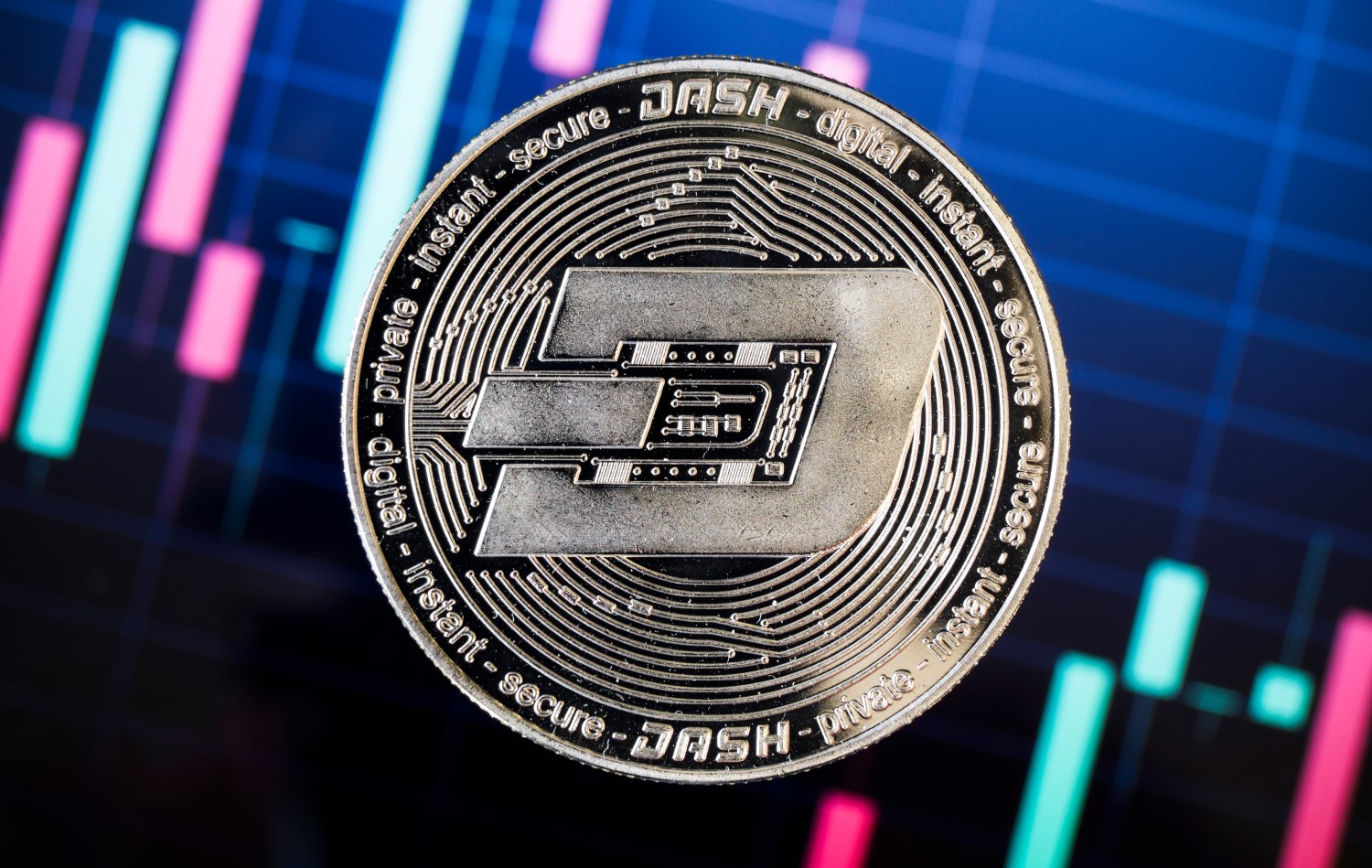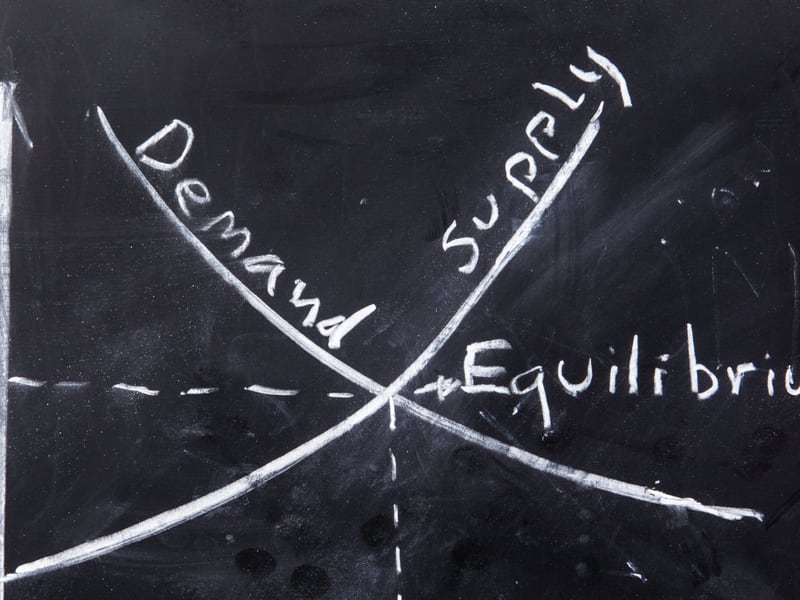Hungarian Central Bank Sees No Imminent Need for e-Forint
:format(jpg)/www.coindesk.com/resizer/VDk3MowyGg2DUxeRJFgGIHdZ6SE=/arc-photo-coindesk/arc2-prod/public/ZHFQDVVL5ZHVNGH7MTIESP35ZU.jpg)
Jack Schickler is a CoinDesk reporter focused on crypto regulations, based in Brussels, Belgium. He doesn’t own any crypto.
Hungary sees no urgent need for a widely available central bank digital currency (CBDC) but is experimenting to see if one could help the unbanked, a senior official said on Wednesday.
In principle, as a European Union (EU) member, Hungary is obliged to join the euro but has not appeared in any great rush to set a date for abandoning its own currency, the forint.
Many European authorities, including central banks responsible for the pound, euro and Swedish krona, are actively exploring whether to issue their currencies in digital form. The European Central Bank is due later this year to decide whether to start developing a digital euro, and in the U.K. the Bank of England has said a digital pound is “likely” to be needed in future.
“For the moment we don’t see any imminent need for large scale retail CBDC to be introduced” by regular citizens and merchants, Anikó Szombati, Chief Digital Officer of the Hungarian Central Bank, said at an event hosted by think tank the Official Monetary and Financial Institutions Forum.
But, she added, “we are also exploring the possibilities for issuing a central bank digital currency” via a series of pilots, and “would like to remain in the forefront of CBDC research.”
Studies by international standard-setter the Bank for International Settlements suggest that 9 in 10 central banks from around the world are exploring a CBDC.
“In considering CBDC, you first have to identify your motivation based on either severe market failure or a very strong policy objective,” Szombati said, adding that getting more people into the financial system could offer one incentive, with 13% of Hungarian adults not having bank accounts.
Edited by Sandali Handagama.
DISCLOSURE
Please note that our
privacy policy,
terms of use,
cookies,
and
do not sell my personal information
has been updated
.
The leader in news and information on cryptocurrency, digital assets and the future of money, CoinDesk is a media outlet that strives for the highest journalistic standards and abides by a
strict set of editorial policies.
CoinDesk is an independent operating subsidiary of
Digital Currency Group,
which invests in
cryptocurrencies
and blockchain
startups.
As part of their compensation, certain CoinDesk employees, including editorial employees, may receive exposure to DCG equity in the form of
stock appreciation rights,
which vest over a multi-year period. CoinDesk journalists are not allowed to purchase stock outright in DCG
.
:format(jpg)/www.coindesk.com/resizer/VDk3MowyGg2DUxeRJFgGIHdZ6SE=/arc-photo-coindesk/arc2-prod/public/ZHFQDVVL5ZHVNGH7MTIESP35ZU.jpg)
Jack Schickler is a CoinDesk reporter focused on crypto regulations, based in Brussels, Belgium. He doesn’t own any crypto.
Learn more about Consensus 2024, CoinDesk’s longest-running and most influential event that brings together all sides of crypto, blockchain and Web3. Head to consensus.coindesk.com to register and buy your pass now.
:format(jpg)/www.coindesk.com/resizer/VDk3MowyGg2DUxeRJFgGIHdZ6SE=/arc-photo-coindesk/arc2-prod/public/ZHFQDVVL5ZHVNGH7MTIESP35ZU.jpg)
Jack Schickler is a CoinDesk reporter focused on crypto regulations, based in Brussels, Belgium. He doesn’t own any crypto.








